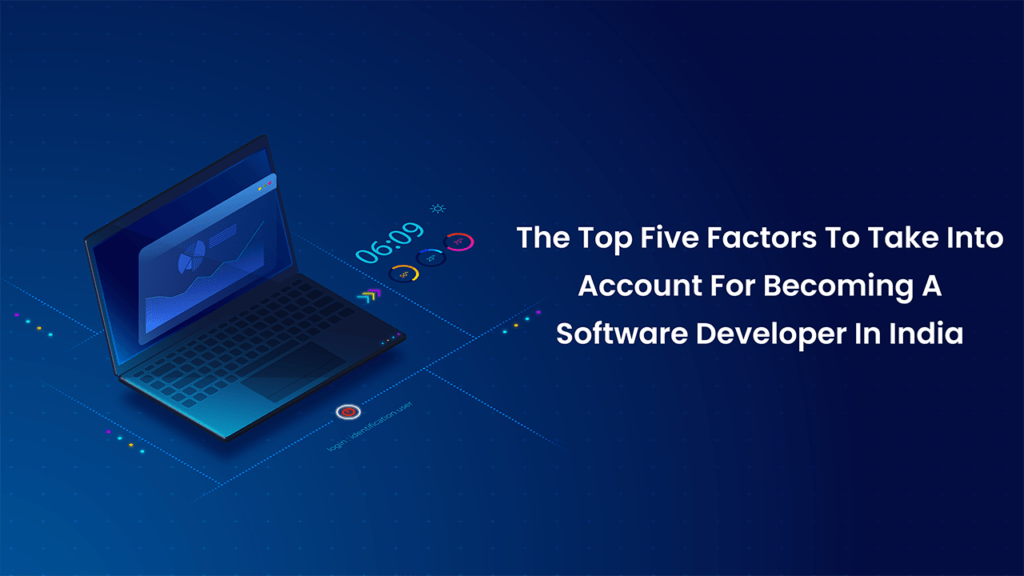If you dream of becoming a successful software developer, it’s crucial to comprehend the cultural, technical, educational, and economic factors that influence the development sector. BrainerHub Solutions, the best software development company in India, is here to help you achieve your dream. We have compiled a list of the most important considerations that you need to take into account to become a successful software developer. This article outlines everything you need to become a professional software developer. It will help you make an informed choice about your future profession and excel in your career.
Understand the Basics of Programming and Software Development.
It is important to understand the fundamentals of software development before deciding whether a career in this field is right for you. To become a successful software developer, you must deeply understand programming languages such as Java, C/C++, Python, and HTML. It’s essential to gain expertise in coding and computer science fundamentals. You should also understand the principles of debugging, maintenance, and testing software. Additionally, knowledge of databases and server frameworks is essential in this highly competitive industry.
1. Educational Qualifications
While the ability to program effectively is the cornerstone, a computer science or engineering degree can help you stand out amongst other candidates. A bachelor’s or master’s degree will allow you to acquire a deeper theoretical and practical knowledge of software development, which comes in handy while taking-on real-life projects. A CS or engineering degree is not a compulsory prerequisite. Still, it can be the difference between you and the other candidates and (sometimes) a deciding factor whether you get the job.

Moreover, having attended training programs and internships gives you an academic edge when it comes to hiring software developers because these endeavors show your passion for coding and provide you with a practical understanding of numerous coding methodologies, best practices for coding, security precautions, etc.
2. Soft Skills
It’s necessary for developers not only to work on technical aspects but also need soft skills like critical thinking, problem-solving, teamwork ability, and adaptability, which are essential qualities asked by top recruiters in the industry. At BrainerHub Solutions, we do not evaluate a candidate based on his academic qualifications only but also examine each candidate’s soft skills.
Furthermore, working as a software developer does not only require knowledge of technology and a firm hold on coding; it also requires excellent communication skills for documentation and collaboration purposes. BrainerHub Solutions works with numerous international clients, which makes fluency in the English language an added advantage for our developers because they can seamlessly interact with international clients without any communication barriers.
3. Cost
Software development cost can vary widely based on several factors. One of the most significant determinants is location. Developers in North America and Western Europe tend to command higher hourly rates compared to those in Eastern Europe, Asia, or South America. Outsourcing to countries with lower labor costs has become a popular option for cost-effective development.

4. Stay Updated With The Latest Technologies and Trends
Technology in the tech industry changes rapidly, which means that developers need to be updated with the newest innovations like AI Machine Learning or IoT applications being used by consumers globally. A successful developer always keeps learning and evolving. Therefore, if you plan to become a developer in the future, you must have a strong grip on all the latest technological trends.
5. Portfolio
Saying you have the necessary skills and qualifications and showing certificates is not enough. Software developers must always present proof of their work to demonstrate their skills in a practical and trustworthy manner. Mentioning multiple projects in your CV neither impresses the recruiter nor gives them a profound perspective about your real-life skills, but a portfolio does. Therefore, you must build a digital portfolio to establish credibility, demonstrate your technical skills, and prove your practical abilities and knowledge to recruiters.




